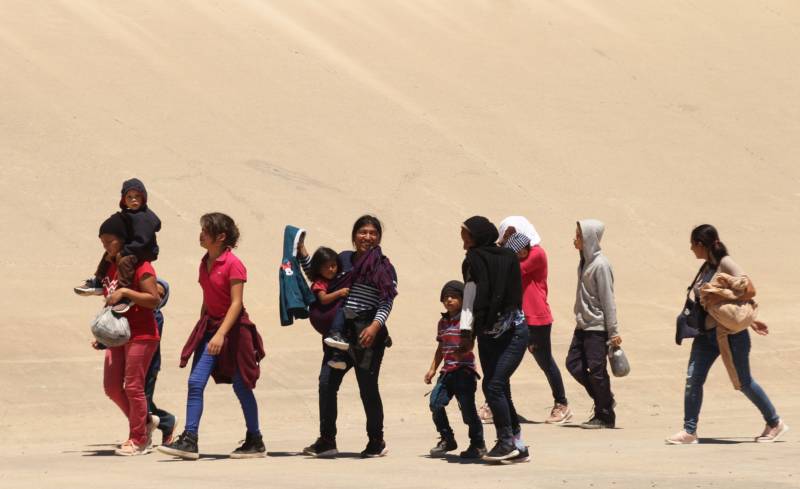San Jose congresswoman Zoe Lofgren introduced legislation Thursday to address crippling violence, government dysfunction and poverty in Central America, which has led scores of people to flee the region and seek asylum in the U.S.
"The worst place to deal with a regional humanitarian crisis is at our own border. And we know that people are leaving for a reason," said Lofgren, a Democrat and former immigration lawyer, who chairs the House Judiciary Subcommittee on Immigration and Citizenship.
The announcement comes just days after a drowned Salvadoran father and his 23-month-old daughter were discovered and photographed face-down on the banks of the Rio Grande. Oscar Alberto Martinez and his toddler, Angie Valeria, had reportedly been waiting for months in Mexico to request asylum at an official port of entry before they attempted to cross the river.
Lofgren’s Northern Triangle and Border Stabilization Act would require the State Department to submit a five-year strategy to Congress geared at combating corruption and strengthening the rule of law in El Salvador, Guatemala and Honduras.
The bill, which calls for the U.S. to consult with nonprofits, regional governments and the Inter-American Development Bank, offers a remarkably different approach from the hard-line immigration enforcement priorities pushed by President Trump.

